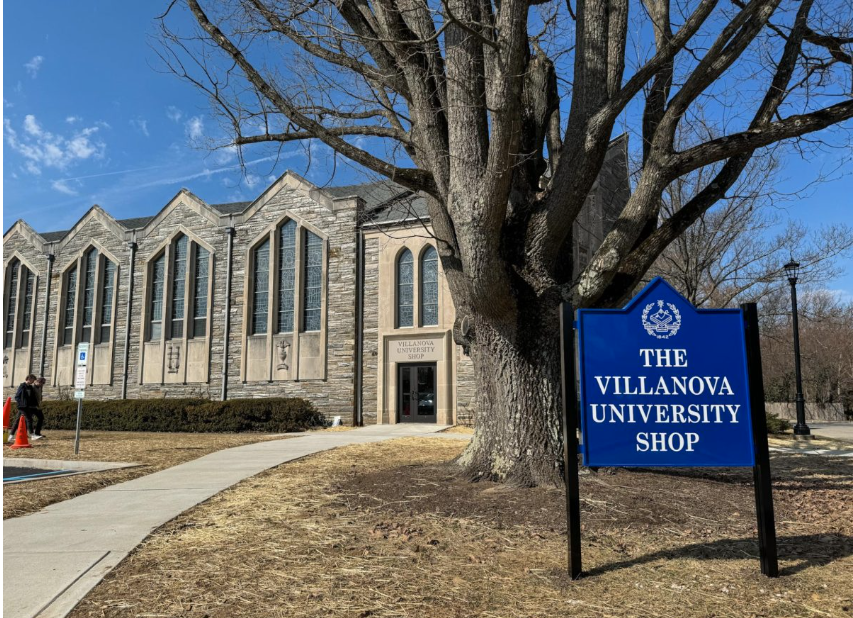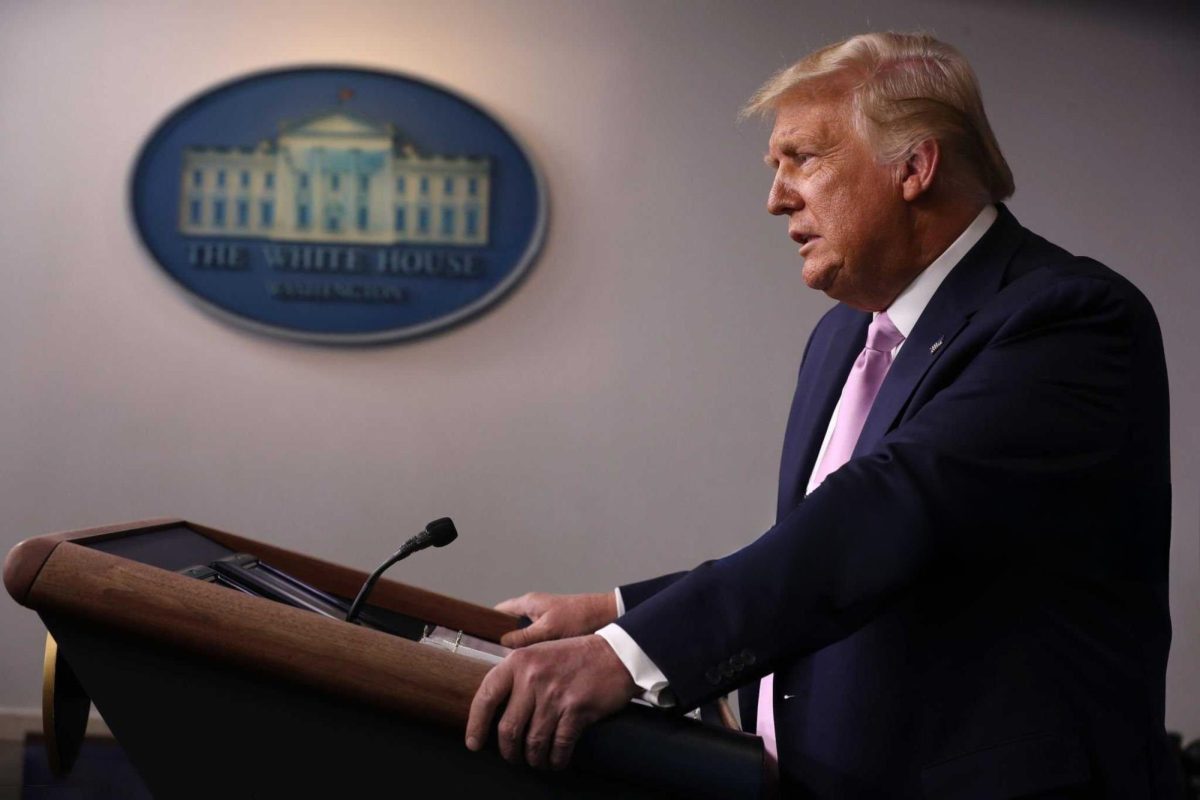A critical function of the university is to provide space for students to discuss, debate, and analyze the important issues of our time. One of the most effective ways to do this is to invite prominent guest speakers with a wide range of viewpoints onto campus. After all, we want to avoid the pitfalls of living in an echo chamber. However, there are certain individuals that should be excluded from such conversations. Just as we wouldn’t want a flat-earther lecturing at the Mendel Science Center, there is no need for an alleged war criminal and proponent of torture to speak at the Charles Widger School of Law. However, that is precisely what is happening this week.
On Friday, January 31st, 2025, our law school will be holding its 19th Annual John F. Scarpa Conference on Law, Politics, and Culture. Among the ranks of speakers for the event, which is titled “Reimagining Conservatism in the Time of Trump,” is John Yoo, a legal scholar and Emanuel S. Heller Professor of Law at the University of California, Berkeley. In 2002, when Mr. Yoo was serving as Deputy Assistant Attorney General of the United States, he drafted the Memorandum Regarding Military Interrogation of Alien Unlawful Combatants Held Outside the United States, more commonly known as the “Torture Memos.” These memos advised the Central Intelligence Agency, the Department of Defense, and the president on the use of “enhanced interrogation techniques,” i.e., torture, during the disastrous “War on Terror.”
These now notorious memos are teeming with legal arguments justifying the use of torture by U.S. forces. One particularly egregious claim made by Yoo was that the Geneva Conventions did not apply to individuals detained by U.S. forces during the War in Afghanistan. The Geneva Conventions are a cornerstone of international humanitarian law, ensuring that civilians are granted greater protection in times of war, prohibiting “grave breaches,” and outlawing the use of torture against prisoners of war. In short, Yoo argued that al-Qaeda and the Taliban were not governments; therefore, anyone who was suspected of being among the ranks of these organizations, including innocent civilians, should not be protected by the Geneva Conventions and could be legally subjected to torture at the hands of U.S. forces.
A slightly modified version of this proposal was adopted by the Bush administration, making John Yoo not only a proponent of torture, but also the architect of concrete policies that allowed U.S. forces to partake in tortuous acts. His work fostered a culture of institutionalized torture within the U.S. military, leading to well-known atrocities in Afghanistan, Guantanamo Bay, and of course, Abu Ghraib.
In my opinion, this man’s disturbing past should disqualify him from participating in any meaningful discussion of law. Anyone so willing to throw out the Geneva Conventions without a second thought is not a scholar but instead a power-hungry warmonger. Put simply, Mr. Yoo should be spending his Friday in a prison cell, not on Villanova’s campus.






